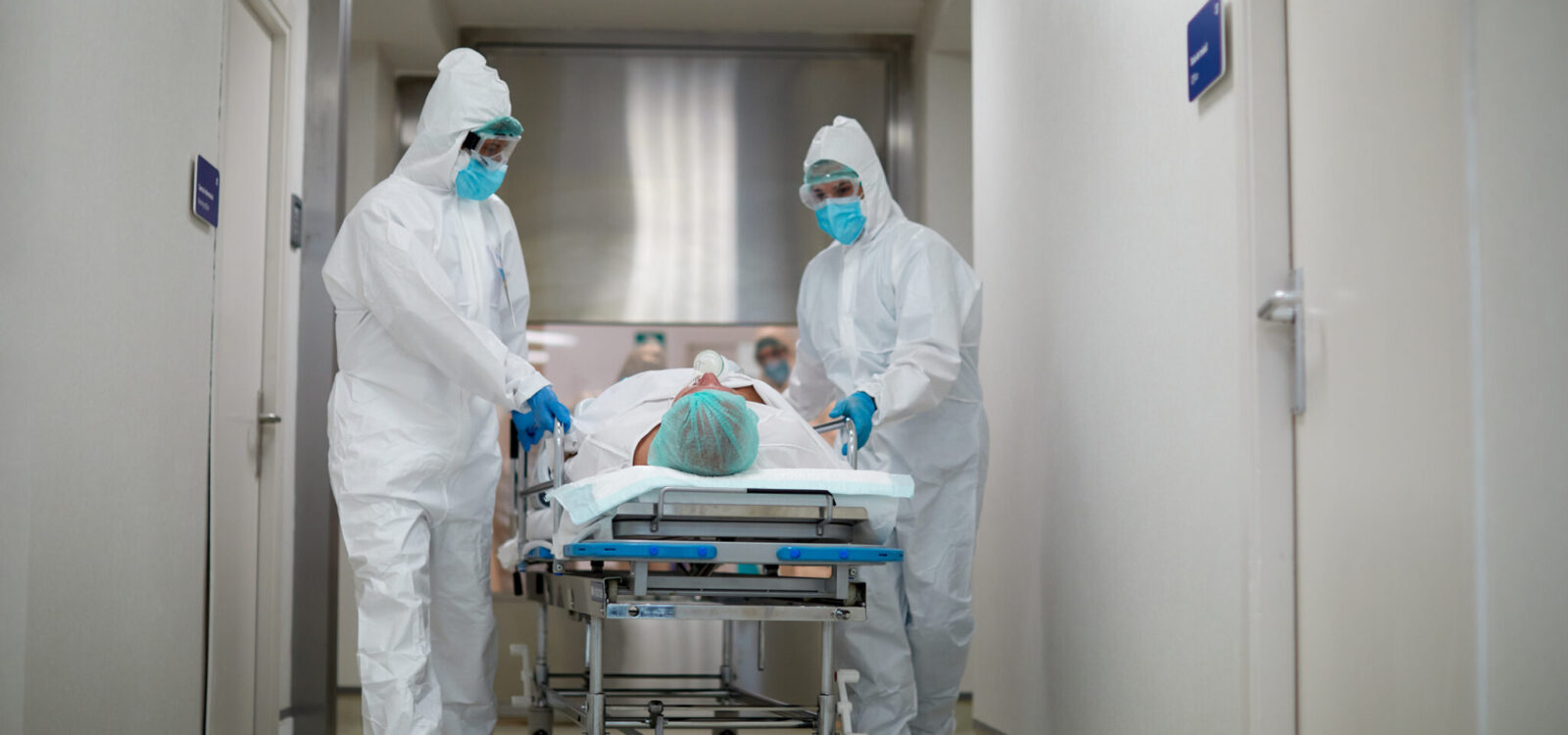
Reflections from the COVID-19 Working Group
As 2021 ended, the Actuaries Institute’s COVID-19 Working Group met for the last time on 9 December, having decided that any future work on the topic can be captured adequately by the Institute’s Practice Committees. With the world hesitantly approaching ’COVID normal‘, we took the chance to reflect on the Working Group’s original goals, outcomes, and learnings to support the Institute in being prepared for the next big systemic shock.
The scope of the Working Group was agreed in the first few meetings in March/April 2020. Briefly, this was to:
- help professionals and society understand research and statistics relevant to the pandemic;
- share information and create content to help the profession in supporting their clients/companies manage through the crisis;
- help the wider thinking of Government, Treasury, and regulators—particularly on policy issues; and
- liaise with international actuarial bodies.
At the time of writing, one can search ‘COVID’ on Actuaries Digital to find 17 pages worth of articles produced since 17 March 2020. Following feedback from a member survey in late-2020, Julia Lessing summarised the usefulness of the COVID-19 content produced by the Institute. Overall, Julia identified that the feedback on the Working Group’s output was very positive, thus addressing much of the Working Group’s scope. An additional point raised in the responses was that “members hope that the Institute will continue to raise the profile of the profession.”
On reflection, the Working Group’s biggest challenge in addressing its scope has been the third point, relating to influencing policy issues. Through the experience of the Institute’s media release early in the pandemic (16 April 2020), the Working Group observed that addressing this desire of members to raise the profile of actuaries may come at the expense of the profession’s relationship with decision makers. Although the Institute’s modelling gained public attention, it was also regarded by Australia’s Chief Medical Officer (Brendan Murphy at the time) as “unlikely to be correct” (although he agreed in principle with the risk of unreported cases outlined by the Institute).
The Working Group encourages the Institute to further contemplate how its membership would like to address the two issues of raising awareness of the profession and increasing influence on public policy—particularly where these may be conflicting priorities, but ideally reaching a point where they do not conflict. It is also noted that there may be other approaches to responding to a crisis that put less pressure on these issues. For example, the UK-based ‘COVID-19 Actuaries Response Group’ was set up explicitly separate from the Institute and Faculty of Actuaries, such that they could work with less direct risk to the profession’s brand.
A major hindrance to the Working Group’s ability to influence public policy (and perhaps to the Government’s own response to COVID) is the lack of good quality, accessible data in Australia on many aspects of health and mortality. For example, Australian deaths data was previously updated on an annual cycle and has now moved to monthly updates, whereas in the UK, provisional deaths data is released weekly. And hospitalisation and other medical data, while available in most states at a high level, is not available in as much detail as in other countries.
On a final note, the Working Group would like to thank the Institute and its members for a massive, communal effort over the past two years!
CPD: Actuaries Institute Members can claim two CPD points for every hour of reading articles on Actuaries Digital.






